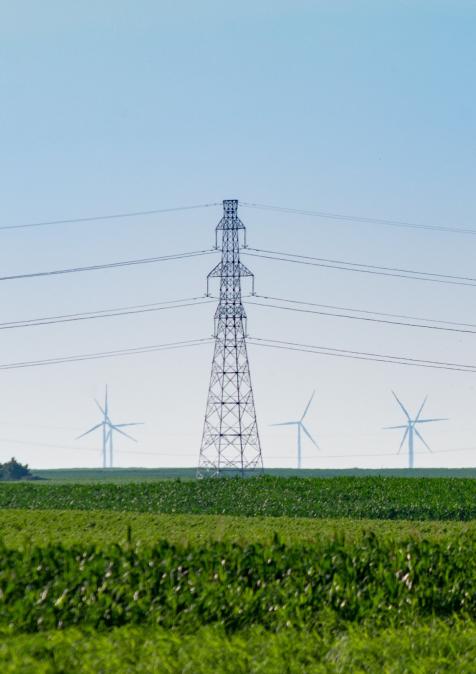Podcasts
Expansion des énergies renouvelables et de l’industrialisation de l'Afrique
L’Afrique subsaharienne est dotée d’importantes ressources en matières premières énergétiques et minérales, avec une population jeune et croissante qui devrait doubler d’ici 2050. La région, semble-t-il, possède de nombreux atouts pour envisager une dynamique de développement économique durable. Toutefois, contrairement aux pays émergents asiatiques, les pays africains ont peu profité de la phase d’accélération de la mondialisation des années 90, bridés par leurs faiblesses industrielles et énergétiques. Quel est le principal enjeu pour le développement économique et social de l’Afrique subsaharienne ? Pourquoi est-ce qu’il est important d’œuvrer pour le développement du secteur industriel en Afrique subsaharienne et quel est le rapport avec le secteur électrique ? Dans ce contexte, un déploiement massif et structuré des énergies renouvelables peut-il devenir la clé du développement africain dans les années à venir ? Quels sont les besoins en investissements nécessaires pour les développer ? Quel pourrait être le rôle des institutions de financement du développement ? M. Hugo Le Picard, chercheur au sein du Centre Énergie & Climat de l’Institut Français des Relations Internationales (IFRI) répond à ces questions.
Afaf






